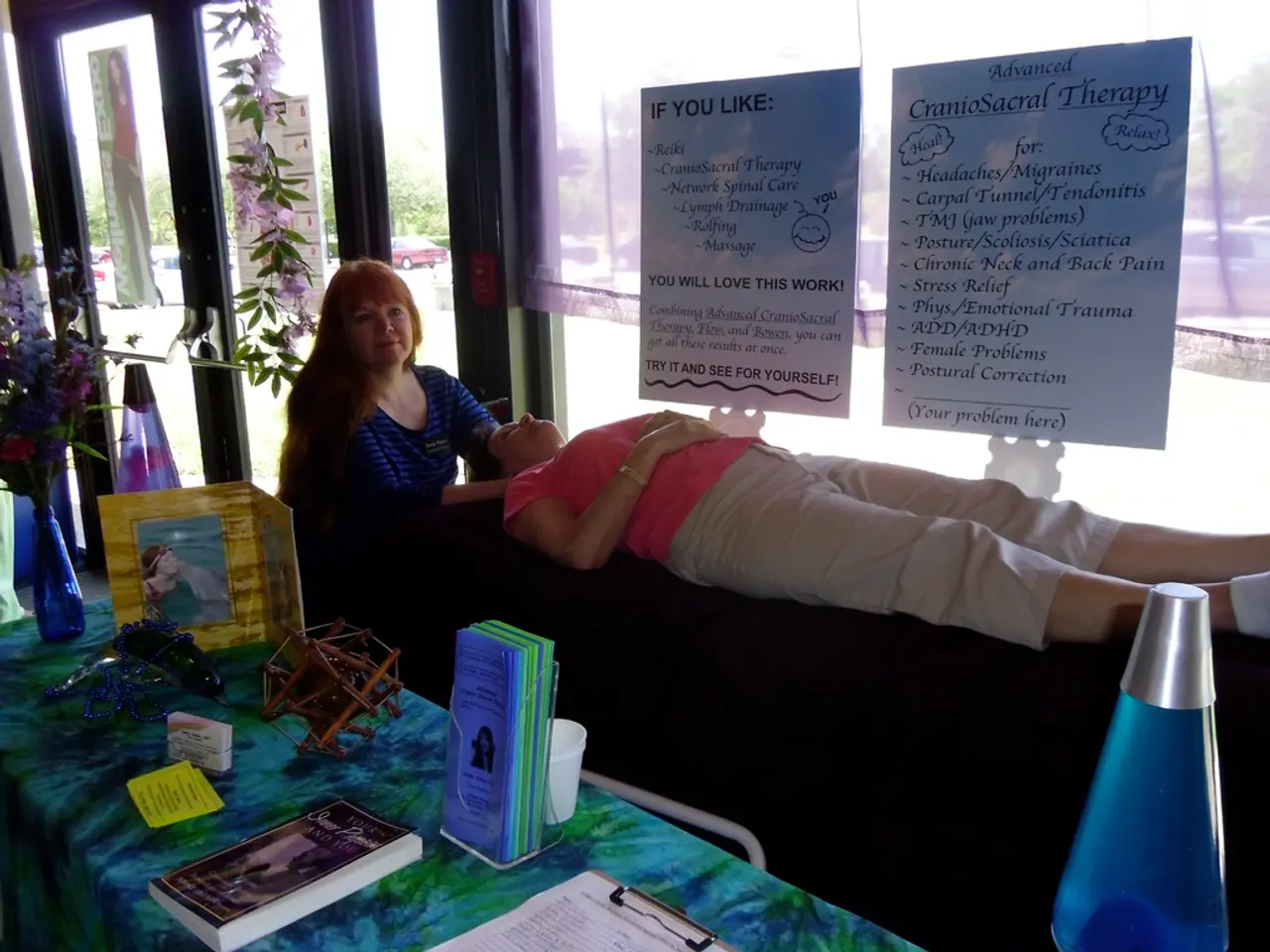Sexual assault and false accusation victims seeking truth: Can lie detector tests provide assistance?
In the UK, polygraph tests have found a place in investigations and monitoring, but their role in proving or disproving sexual assault claims is limited. These tests, often referred to as lie detectors, measure physiological responses such as heart rate, blood pressure, respiratory rate, and electrodermal activity (sweat response).
However, it's crucial to note that polygraphs are not scientifically validated as direct lie detectors. Their questionable accuracy and the complex nature of sexual assault cases mean that courts typically do not accept polygraph results as reliable evidence. This is particularly true in criminal trials, where polygraph results are not generally admissible.
Under the Domestic Abuse Act, polygraph tests can be used as a condition of license for domestic abuse offenders released from custody. Here, their purpose is primarily to monitor compliance and reduce risk, rather than to prove guilt or innocence in court.
In sexual assault cases, polygraphs may be used informally or investigatively to assess truthfulness. Yet, their limited reliability and the emotional complexities of such cases make them a questionable tool for determining the commission or denial of sexual offenses.
Despite their limitations, polygraph tests can offer some investigative insights or monitoring support. For instance, they can serve as a helpful tool in cases involving complex interpersonal disputes, historical abuse claims, or contested custody, according to Dr. Richard J. Arther, Former President of the British Polygraph Association.
The issue of polygraph reliability remains controversial due to its interpretative nature and susceptibility to countermeasures. However, when administered by trained professionals, polygraphs can reportedly reach accuracy rates between 85%-95%, according to the American Polygraph Association (APA).
It's worth noting that less than 4% of reported rapes in England and Wales result in charges. This stark statistic underscores the importance of stronger evidence types such as forensic, testimonial, and digital evidence.
For victims, undergoing a polygraph test can offer emotional relief and affirmation. For the wrongly accused, it can be a means of asserting innocence when other avenues are exhausted. However, false allegations of sexual misconduct are estimated to occur in 2-10% of reports, leading to severe consequences such as employment loss, social ostracization, and denial of access to children.
Public perception often considers polygraph results as evidence, especially when no other evidence exists. Yet, in the UK, polygraph results are not admissible as evidence in criminal trials, but they may be submitted as supporting material in civil and family proceedings if the judge deems it appropriate.
In conclusion, while polygraph tests can provide some investigative insights or monitoring support, they are not reliable or broadly admissible tools for proving or disproving sexual assault claims in UK legal proceedings. It's essential to approach polygraph results with caution and to rely on stronger evidence types when possible.
- In the realm of investigations and monitoring, polygraph tests, also known as lie detectors, are employed, measuring physiological responses like heart rate, blood pressure, and sweat response.
- Despite their usage in various contexts, polygraphs are not scientifically proven as direct lie detectors, which makes courts in the UK skeptical of their reliability as evidence in criminal trials.
- Although their accuracy is disputable, polygraph tests can offer valuable insights during complex interpersonal disputes, historical abuse claims, or contested custody cases.
- In the field of health-and-wellness, polygraph tests can be a tool for assessing truthfulness, yet their limited reliability and the emotional complexities of sexual assault cases make them questionable for determining the commission or denial of sexual offenses.
- The American Polygraph Association (APA) reports that polygraphs, when administered by trained professionals, can achieve accuracy rates between 85%-95%.
- The stark statistic that less than 4% of reported rapes in England and Wales result in charges emphasizes the significant importance of stronger evidence types such as forensic, testimonial, and digital evidence.
- For victims, a polygraph test can offer emotional relief and affirmation, while for the wrongly accused, it can serve as a means to assert innocence when other avenues have been exhausted.
- Conversely, false allegations of sexual misconduct can occur in 2-10% of reports, leading to severe consequences such as employment loss, social ostracization, and denial of access to children.
In summary, while polygraph tests can offer some investigative insights or monitoring support, they are not reliable or broadly admissible tools for proving or disproving sexual assault claims in UK legal proceedings. Caution should be exercised when interpreting polygraph results, and stronger evidence types should be prioritized when available.




